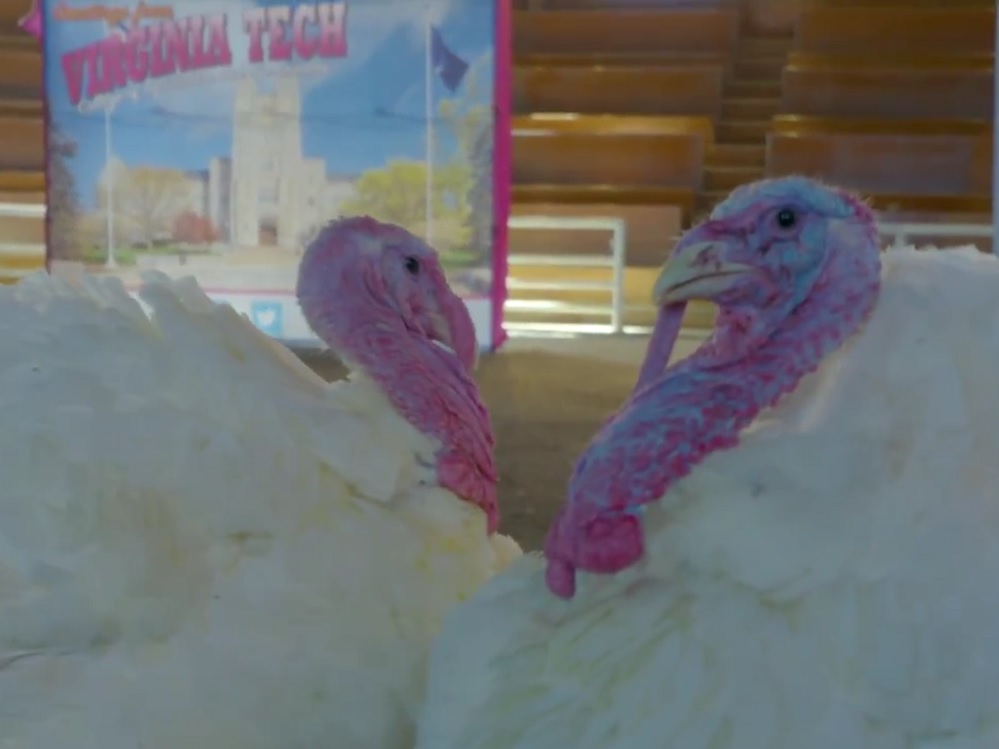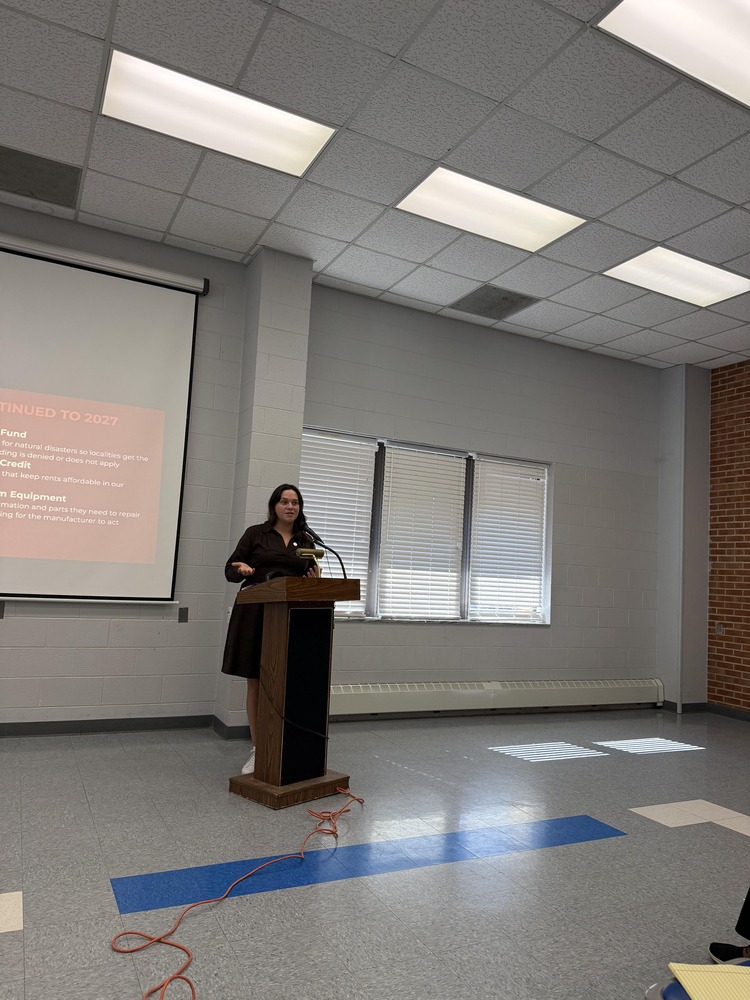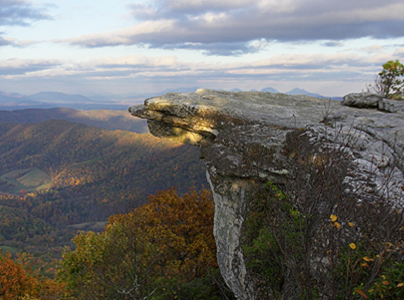Once again, the turkeys receiving ceremonial pardons at the White House will live out their lives at Virginia Tech. They are expected to arrive at Gobbler’s Rest by Wednesday morning of next week. A public open house is set for the Sunday afternoon after Thanksgiving.

NEWS RELEASE: Thanksgiving is nothing if not a trove of traditions: family gatherings, massive meals, and appreciative reflections.Now, there is another item to add to the list of holiday customs: the Presidential Turkeys coming home to roost at Virginia Tech.For the fourth consecutive year, the birds will flock from the White House to spend the rest of their years at Gobblers Rest.
“Virginia Tech has a long tradition of supporting the turkey industry through research and outreach, so it’s fitting that the Presidential Turkeys becoming part of the Hokie Nation is a new tradition,” said Rami Dalloul, a professor in the College of Agriculture and Life Sciences and a world-renowned poultry immunologist who a few years ago sequenced the turkey genome. This opened the door to new levels of understanding of the bird’s biology and genetics.
The two birds — one selected as the National Thanksgiving Turkey and its alternate — will join Peas and Carrots, the stars of last year’s event, at Gobblers Rest. The previous lucky birds — Wishbone and Drumstick, and Tater and Tot — have died due to natural causes, which is to be expected.
The public can meet the newest Hokies on Dec. 1 from noon to 4 p.m. at the Livestock Judging Pavilion, 445 Plantation Road, Blacksburg, Virginia. You can follow the progression of the birds’ journey from the White House to Blacksburg on the College of Agriculture and Life Science’s Facebook, Twitter, and Instagram pages and post your own photos of the birds using the hashtag #PresidentialTurkey. You can also follow along on the Virginia Tech Facebook, Twitter, and Instagram channels.
Their arrival in Blacksburg follows a long migration for the turkeys.
The 2019 National Thanksgiving Turkeys are being raised under the supervision of 2019 the National Turkey Federation Chairman Kerry Doughty, former president and CEO of Butterball LLC, and Butterball contract grower Wellie Jackson of North Carolina.
“We are extremely grateful for Virginia Tech’s continued hospitality in welcoming the National Thanksgiving Turkey and its alternate to Blacksburg,” Doughty said. “With a mascot like the HokieBird and the excellent care of the Department of Animal and Poultry Sciences, we know these lucky birds will feel right at home at Gobblers Rest.”
After two birds are chosen based on appearance and temperament, they head to Washington, D.C., where they stay at a hotel near the White House as part of a series of media events leading up to the presentation of the National Thanksgiving Turkey. One is chosen to take part in the Rose Garden ceremony and the other is its “wingman.”
The event not only serves as the opening of the holiday season, but also reminds America of the history and role of agriculture, from feeding the world to growing the economy.
The Presentation of the National Thanksgiving Turkey started in 1947. The National Turkey Federation’s first chairman, Virginian Charlie Wampler Sr., was among the first to present a live turkey to President Harry S. Truman.
Years before, in 1922, Wampler was a Virginia Cooperative Extension agent who sought advice from the head of Virginia Tech’s Department of Poultry Science, A.L. Dean, on how to raise turkeys. In the following years, Wampler went on to create a growing business while Dean advised Wampler on turkey-raising techniques. Wampler is regarded as the father of the modern turkey industry and founded the National Turkey Federation in 1940.
Today, poultry makes up the largest sector of Virginia’s agricultural portfolio with more $1.1 billion in annual cash receipts. The industry contributes more than $13 billion in economic activity in the commonwealth, according to the Virginia Poultry Federation.
The Virginia Tech Department of Animal and Poultry Sciences and the Virginia-Maryland College of Veterinary Medicine help grow the state’s economy by conducting innovative research to benefit industry and educating the next generation of poultry scientists and veterinarians.



